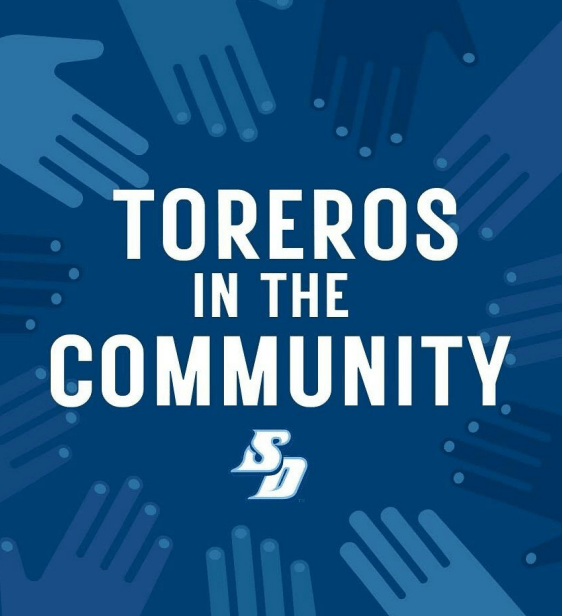Nyla Harris / Asst. A&C Editor
Checking and scrolling through social media has become an increasingly popular social activity amongst the younger generation (Gen Z). Although many people’s use of social media is not inherently problematic, there is a growing population of users who have become easily addicted and engage in compulsive or excessive use of these varying apps.
USD sophomore Brianna Gonzalez experienced a pattern of scrolling addiction and talked about her experience.
“There are definitely times where I feel a little too addicted [to social media],” Gonzalez said. “Sometimes I catch myself getting too deep into it, and I kind of just fixate on the content.”
Falling into social media addiction is not incurable. According to the Addiction Center, a “digital detox” is a period of time in which someone significantly reduces the amount of time spent on electrical devices, such as smartphones or computers, as well as the social sites accessed through them. As students, the ability to reduce the amount of computer time could be difficult, considering our obligation to use such applications for our assigned class material. However, other forms of social media that are often embedded in our smartphones could be a starting point to practicing such “digital detox.”
Many students around campus, including USD senior Ashley Larson decided to try this out by taking a timely break from social media. She shared some of her realizations from the cleanse.
“I wanted to originally do it to focus on academics, school and athletics at the time because social media just didn’t fit into that time bubble anymore. But once I did it I felt so weightless in a way because I didn’t have to keep up with things anymore,” Larson said. “It created a lot more personal connections because people would text me and call me to reach out to me, rather than just assuming they knew what was going on with me through social media.”
Over-scrolling may be an action taken without intent, but addictive social media use can look and have similar side effects as any other substance use disorder. It could result in symptoms such as mood swings, withdrawal symptoms, conflict and relapse. Research found through the National Institute of Health has also shown that there is a link between social media use, negative mental health and low self esteem. While social media platforms have benefits, an abuse in their usage could cause unhappiness and isolation patterns. These emotions are not only tied to the social pressure of consistently sharing one’s life with others, but also to the comparison of the material things and lifestyles that these platforms also showcase.
USD senior Gabriella Rosler often has conversations around the importance of mental health, and shares a bit of her perspective on social media.
“I was just talking to my friend about it this morning. I feel like social media was literally made to hijack our biological functions to get our attention at all time,” Rosler said. “Access to just that many people who are just two dimensional beings that you don’t get to really see as human – I think – is just unhealthy in abundance, and can feel impossible to escape.”
While many people are able to use social media daily without lingering issues, those with social media addictions are all consumed by their need to engage on social networking sites. The assumption and result of labeling anything as addiction can seem extreme without context, but it can happen and slowly become a reality for anyone. Digital detox can confirm if students really could survive a day without checking their phones, and if it might be time to start cutting back more consistently.
Unplugging from social media can reduce stress levels and improve sleep quality. Photo courtesy of @psytastic.app/Instagram




Leave a comment